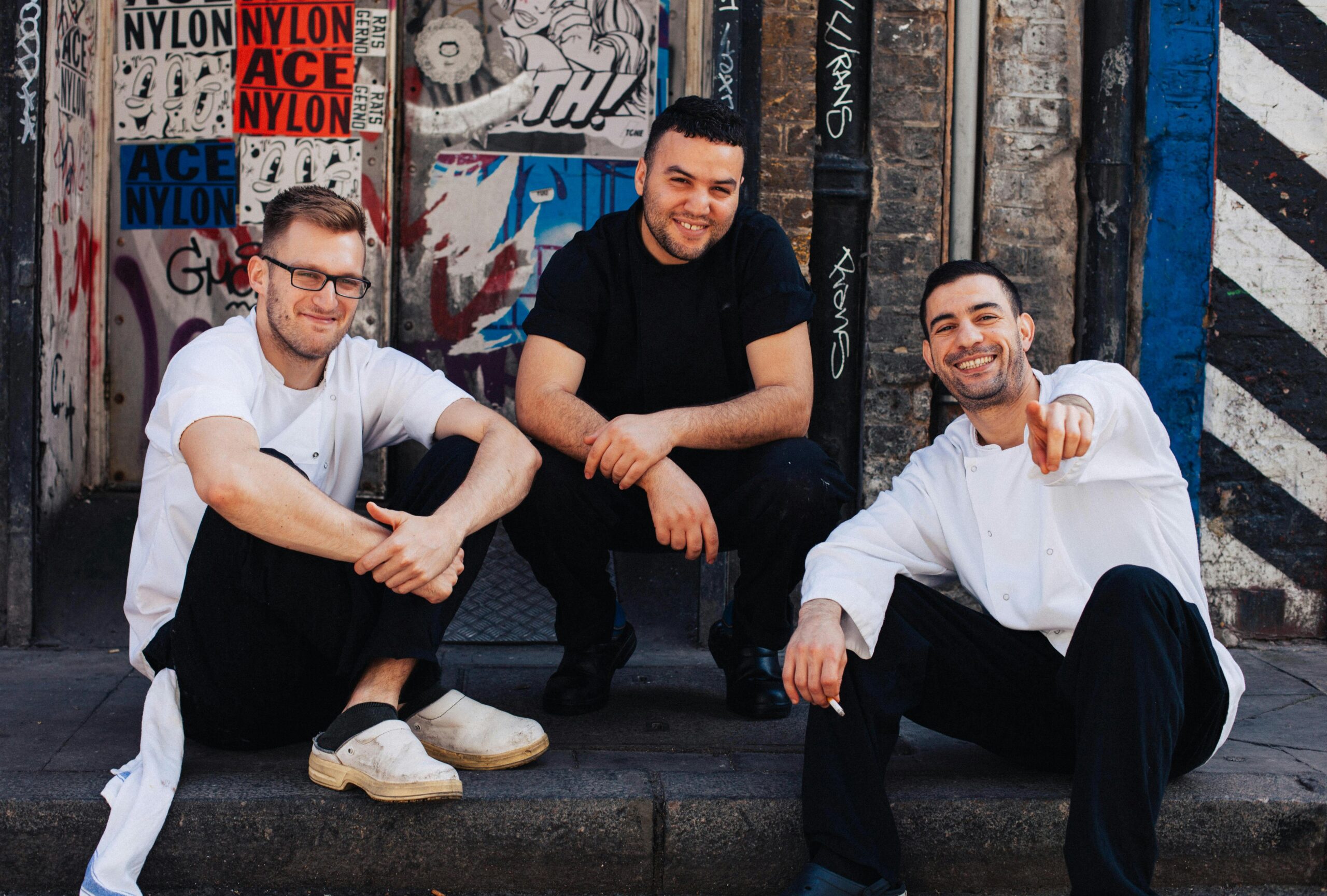New Behavioral Health Treatment Facility Now Open!

Attention Deficit Hyperactivity Disorder (ADHD) is often associated with children, but it affects many adults as well. While ADHD in children may look like hyperactivity and difficulty sitting still, ADHD in adults can present very differently. In fact, many adults may not realize they have ADHD until later in life, as the symptoms can be more subtle or mistaken for other issues, like anxiety or disorganization. In this blog, we’ll explore what ADHD looks like in adults, how it can affect daily life, and how treatment can help.
ADHD in adults is a neurodevelopmental disorder characterized by symptoms of inattention, hyperactivity, and impulsivity. These symptoms can manifest in different ways and can affect work, relationships, and daily functioning. Adults with ADHD may struggle with staying organized, managing time, focusing on tasks, or controlling impulses. Although ADHD is often diagnosed in childhood, many adults are diagnosed later in life when they start to notice patterns of difficulty that may have been present for years.
One of the hallmark signs of ADHD in adults is trouble staying focused on tasks. Whether it's at work, in conversations, or while completing everyday chores, individuals with ADHD may find their minds wandering frequently. They may start tasks but struggle to finish them, or they may have difficulty following through on details.
Common Indicators:
Adults with ADHD often struggle with staying organized and managing their time effectively. This can lead to missed deadlines, appointments, or a constant feeling of being behind. The disorganization might extend to their physical space, such as cluttered desks, messy homes, or lost documents.
Common Indicators:
Impulsivity is another key feature of ADHD in adults. This can manifest in various ways, from interrupting conversations to making quick, often regrettable decisions. Adults with ADHD may act without fully considering the consequences, whether it’s in social situations, finances, or daily routines.
Common Indicators:
While children with ADHD are often visibly hyperactive, adults may experience hyperactivity more as a feeling of inner restlessness. They may find it difficult to relax or stay still for long periods. This can lead to fidgeting, tapping, or constantly shifting positions, even during important events like meetings or social gatherings.
Common Indicators:
Adults with ADHD often experience intense emotions that can be difficult to manage. This emotional dysregulation can lead to mood swings, feelings of frustration, and difficulty handling stress. They may also struggle with feelings of inadequacy or frustration due to the challenges they face in daily life.
Common Indicators:
Many adults with ADHD experience frequent forgetfulness, which can impact their personal and professional lives. This isn’t just about forgetting appointments or deadlines; it can also involve forgetting conversations, instructions, or daily tasks.
Common Indicators:
ADHD can affect almost every area of an adult’s life, from work performance to relationships. For example, trouble focusing or managing time might lead to issues with job performance, missed deadlines, or difficulty completing projects. In relationships, impulsive behavior or emotional outbursts can strain communication with partners, friends, or family members. Additionally, adults with ADHD may experience feelings of frustration, guilt, or low self-esteem as they struggle to keep up with the demands of daily life.
The most effective way to manage ADHD symptoms is through professional treatment. This typically includes therapy, medication, or a combination of both. Cognitive Behavioral Therapy (CBT) can help adults with ADHD develop coping strategies to manage their symptoms, while medication may help regulate attention and focus.
Creating structured routines can help manage disorganization and improve time management. Using tools like calendars, apps, and reminders can make it easier to stay on top of tasks and deadlines.
Adults with ADHD may feel overwhelmed by large tasks, leading to procrastination. Breaking down tasks into smaller, manageable steps can help reduce overwhelm and make it easier to complete projects.
Practicing mindfulness can help reduce impulsivity and improve focus. Techniques such as deep breathing, meditation, or yoga can also help manage feelings of restlessness or frustration.
Managing ADHD can be challenging, but having a support system can make a big difference. This may include loved ones, support groups, or a therapist who understands ADHD and can help you navigate the challenges.
ADHD in adults may look different than in children, but it can still have a significant impact on daily life. If you or someone you know is struggling with the symptoms mentioned above, it’s important to seek professional help. At Keys Behavioral Health, we offer comprehensive treatment plans tailored to adults with ADHD, helping them develop the tools they need to manage their symptoms and lead fulfilling lives. Contact us today for support and guidance.
 Get Directions
Get Directions